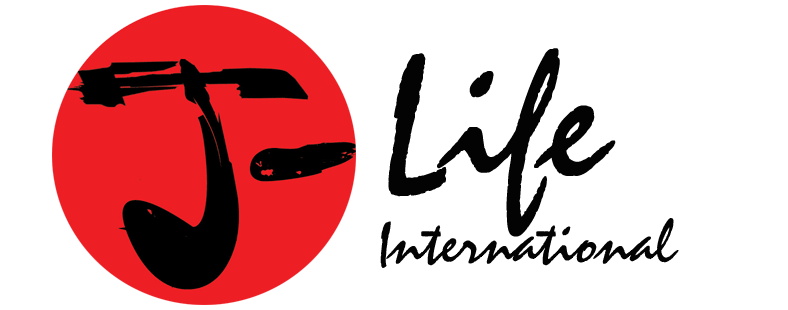Ocean Day is a Japanese national holiday dedicated to showing gratitude for the ocean and acknowledging the role it has played in the island nation’s long history. Ocean day is also known by a few other names, such as “Sea Day”, “Marine Day”, “Day of the Sea”, and its Japanese name: “Umi no Hi” (海の日). It falls annually on the 3rd Monday of July and is often seen as the unofficial start to the summer season in Japan.
Marine Day usually marks the beginning of summer vacation for students and is also a popular time for adults to travel and participate in summer activities, such as going to the beach, since the holiday makes for a three-day weekend. Marine Day is often compared to its new sister holiday, Mountain Day, which falls annually on August 11th since its establishment in 2016.
Umi no Hi is extremely new in comparison with other Japanese holidays. The origins of it date all the way back to the 1800s, but it has transformed quite a bit in both meaning and significance since then.
Like some other Japanese holidays, Ocean Day is actually rooted in acknowledgement of an emperor of Japan, specifically Emperor Meiji (1852-1912). In 1867, the recently ascended, 15-year old emperor went on an expedition aboard a newly constructed steamship, the Meiji Maru, built especially for the Japanese government by a Scottish shipyard. Sea Day marks the emperor’s safe return from this successful voyage to some of the northern islands of the Japanese archipelago, particularly Hokkaido. The day wasn’t formally commemorated, though, until 1941 - the 65th anniversary of the emperor’s return. Back then, the date was called “Marine Commemoration Day” and was not yet a national holiday. It was acknowledged every year on July 20th, the exact date of the emperor’s return.

Pictured: The torii gate in front of the Itsukushima Shrine, located in the shallow waters off Itsukushima Island. The shrine is a well-known Shinto holy place and UNESCO World Heritage Site.
In 1996, Marine Commemoration Day was declared a national holiday and its name was simplified to just “Marine Day”. This change shifted the focus of the holiday away from its concentration on the late emperor to a more general appreciation of the many resources the ocean provides Japan. It also added an environmental awareness and conservation aspect to the date’s purpose.
Finally, in 2003, Japan’s Happy Monday System moved Marine Day to the 3rd Monday of every July, rather than strictly the 20th. This decision by the Japanese government was made in an effort to add more long weekends to Japanese workers’ calendars.
Japan is known for the unwavering dedication of their workers and demanding work weeks, so this program helped the government to show appreciation for all of their citizens’ hard work by allowing them extra days off to spend more time with family and friends, as well as explore and appreciate their country. The holiday has remained mostly unchanged since then.
Due to how new Marine Day is, it does not yet carry any specific ways to celebrate, like older and more significant holidays in Japan do - such as the Japanese New Year festivities. Instead, Umi no Hi is appreciated in individual and unique ways by the citizens of Japan. Many people across the nation take this extra day off as an opportunity to travel and engage in summer and ocean-related activities, such as going to the beach, visiting aquariums, participating in beach cleaning events, and attending water and lantern shows.
Given the increasing severity of the modern-day climate crisis, Ocean Day helps to remind the Japanese people of the importance of preserving the oceans their country relies on so heavily, as well as the diverse lifeforms that dwell within them.


